May 2015. A recent front page story in the Washington Post was headlined “Growth suffers winter freeze: Economy slows to near-halt,” and began with the sentence “The U.S. economy slowed nearly to a halt in the first three months of the year….” The basis for this statement was that GDP growth in the first quarter of 2015 was only 0.2%. This article itself is a perfect example of the “voodoo economics” of the current era, which seems to automatically interpret an economy that is not growing rapidly is a “zombie” economy, maybe semi-alive, but not a truly living thing. In the first quarter of 2015, according to the Bureau of Economic Analysis of the U.S. Department of Commerce, the U.S. Gross Domestic Product was around 18 trillion dollars. Meet the biggest zombie ever known, the moribund U.S. economy! Now stalking Planet Earth! Soon in theaters near you! Not to mention in shopping malls, grocery stores, car dealerships, gas stations, airports, restaurants and bars, and everywhere else.
Gimme a break, as we used to say. The whole idea that “economy” equates to “economic growth” is voodoo economics. Where did the Washington Post get that economic correspondent anyway? His name, Chico Harlan, doesn’t sound Haitian… And why wasn’t a story with such an obvious bias put in the op-ed section, and not on the front page as a purported news story! Or maybe on the religion page?
The article continued, “The economic slowdown… creates a puzzle for employers and policymakers, who are trying to determine whether the annualized 0.2 percent growth between January and March is attributable to temporary factors or is a signal of broader problems.” No-brainer: BROADER PROBLEMS. The broader problems stem from a voodoo-economic faith in “economic growth.”
The phrase “voodoo economics” was coined through a minor misquoting of something George H.W. Bush said during the presidential primary season in April, 1980, attacking Ronald Reagan, his rival for the Republican nomination. At the time, in speeches, Bush Sr. criticized the idea that cutting tax rates for the rich would actually increase overall tax revenue through a “trickle down” process in which, according to Reagan, the rich would invest those tax savings to create economic growth, which would in turn generate more tax revenue. Bush Senior pooh-poohed the idea: “What I call a voodoo economic policy… that just isn’t going to work.” Vodou is a syncretic Afro-Caribbean spiritual and cultural practice that originated in Haiti, and its pop-cultural misrepresentations – of “voodoo dolls” and “zombies” – gives “voodoo” its popular connotations of irrationality, black magic, and danger – and that’s the sense in which George H.W. used it.
The “voodoo economics” metaphor is so catchy I can’t resist trying to wake that zombie and make it live again – in a related, but slightly different context. Related, in that it has to do with economic growth, different in that it’s not about taxes.
________________
The phrase “ecological economics” has always made me cringe. Is there any other kind? The phrase implies that there is, and that the “ecological” kind of economics is only one of many possible kinds – perhaps a “green” kind, informed by the science of ecology, a kind that takes nature into account. But to me, it’s a loaded term. Loaded with baggage that implies that economics could be anything other than about ecology – the ecology of our own species, that is.
Both of these words, ecology and economics, have the same Greek root, oikos, which according to most dictionary etymologies means, or meant in ancient Greek, “household.” Oikos was the place where one lived, and the flow of goods and services in and out that kept the family living there alive. The word “economics” derives directly from the ancient Greek oikonomía, which referred to the management or administration of a household; it took on its more modern sense, applied to accounting of flows of goods and services in societies and countries, in the late 1800s. The word “ecology” – the scientific study of the relationships between organisms and their living and physical environment – was first used in 1866 by Ernst Haeckel, a German biologist – in German ökologie.
To an ecologist, the human species and anything we do is fully embedded in the relationships between living organisms and the other geophysical aspects of our Earth environment. Economics, which describes only a part of human social experience, is thus only one aspect of the ecology of our unique species.
But tragically, economists don’t – and probably aren’t capable of – understanding it this way. “Tragically,” I say, in the sense of the Greek and Shakespearean tragedies, because our failure to understand our social and economic embeddedness in the larger ecology of life on Earth is the hubris of our species, our “tragic flaw,” which playgoers watching from afar can see so clearly, and weep over, but can’t change to enable a non-tragic denouement.
________________
What would it look like, to see the current U.S. and global economy – or the public discussions in the political arena and the media about them – through an ecological “lens”? That’s what I want to do here.
Humans don’t produce any goods or services except what the Earth environment gives us the energy and materials to produce – exactly like every other living species. Although our biological and cultural evolution launched our species into planetary dominance, we are, fundamentally, under the same ecological constraints – call them “laws” even – as any other species. We have to play by the ecological rules. There aren’t any other.
Here’s a way of testing the distance between the mainstream, “economic-centric” view of human ecology and the ecological view: In any common phrase that uses “economic” as an adjective, substitute “ecological.” Let’s start with “economic growth” – a phrase ubiquitous nowadays, whether in conservative pronouncements about how regulating Wall Street and taxing billionaires hurts it, to President Obama’s justification for the TPPA, to the op-ed by Elizabeth Warren and Bill de Blasio in the Washington Post about how we must change to maintain the “American Dream.” It seems everyone on all sides of the political and economic spectrum these days equates a healthy economy with “growth.” Voodoo economics is mainstream thinking, it seems.
OK, now try the test: “ecological growth.” Ecological growth? It’s a bizarre concept. Ecosystems and their component species don’t “grow” in any fundamental sense. The energy available to them is constant – the solar flux at that point on Earth’s surface. They can change dynamically, in a process called ecological succession, from simpler ecosystems with fewer species that are able to capture less of the solar energy and store some of it, to mature ecosystems that capture as much energy as can be captured by photosynthesis, and which come into balance with the solar flux so that captured energy is exactly balanced by energy loss. Mature ecosystems are “no growth” economies. They are more or less sustainable and stable unless an outside disturbance – such as a fire, flood, hurricane, volcano, or landslide – an “act of god” in ecological terms – disturbs the system, and resets it to a simpler point on the pathway of ecological succession.
Although at this moment in time everyone from the leftmost to rightmost of the political spectrum seems to be talking about “economic growth,” it wasn’t always this way. When I first came to Washington, DC, in the early 1990s, the World Bank had recently hired a couple of ecologist-economists who were gurus of “steady state,” no-growth, sustainable economics, Robert Goodland and Herman Daly. I was thrilled when I had a chance to meet them. Finally, I thought, someone with an ecological understanding of economics has a chance to speak truth to power! Daly had just published his book Steady-State Economics (1991), a foundational statement of economics seen through an ecological lens. Robert Goodland was the first ecologist hired by the World Bank. Daly, Goodland, and their World Bank co-author Salah El Serafy published an edited book titled Population, Technology, and Lifestyle: The Transition To Sustainability in 1992, the year I moved to Washington. It is painful to think about how much we seem to have forgotten in nearly a quarter-century, how much time we have lost.
I have just been rereading Daly’s 1996 book Beyond Growth: The Economics of Sustainable Development. It is exactly as apt and “right on” as it was nearly two decades ago; and, sadly, it’s insights about the economy of the 1990s are still as relevant in 2015, because basically nothing has changed since then: We still worship the voodoo gods of economic growth and global free trade.
________________
Economic growth would make sense for two reasons. One would be that it is needed to keep up with the growth of the human population. The other would be if you subscribed to a “trickle down” view of economies, in which growth is needed to satisfy the small aspirations of the domestic or global “peasants,” the 99%, and thus allow the domestic or global 1% to maintain their privileged economic position and keep the 99% from rising up in rebellion and upsetting the economic-power status quo.
On point one, the global human population is still growing, but this growth is very unequally distributed. The richest countries have already gone through the so-called “demographic transition” from high death and birth rates to low ones, and in many of the most developed countries, indigenous population growth is negative, and populations are growing only because of immigration and higher birth rates in recent immigrants. And, of course, on a finite planet, the human population simply can’t keep growing. It has to stop, stabilize, maybe even shrink if we are to live within our planetary carrying capacity.
The other reason, the trickle-down, Reaganomics argument, seems still to be an unacknowledged assumption of global voodoo economics. How can a “developing” country develop? By “export-led economic growth,” according to most of the globalization experts whose voices are the loudest these days. Such strategies don’t even ask, or recognize, the question of whether there would have to be a redistribution of wealth from the developed countries to the less-developed countries in order to allow or create “export-led economic growth” without horrendous social and environmental costs. The answer is: of course there would have to be! But the dominant view of global economists is that we can just go on expanding our globally-unequal economy, and all will be good and happy. “A rising tide lifts all boats,” is an aphorism commonly used to justify policies for economic growth. Perhaps, but a rising tide also floods all coasts. And the majority of the world’s people live along those coasts – both geographically and metaphorically.
________________
And what about globalization, and trade, one of the big topics in economic discussions these days? One clear fact about ecosystems from an ecological point-of-view is that they encompass all scales, from local to global. The ecological carbon cycle, for example, is global. On the other end of the scale spectrum, nutrient cycling can take place in a single pond. In general, though, there is no widespread ecological “trade.” The basic currencies of the “economy” of ecosystems are energy and materials, and these generally stay put. Most ecosystems are rather local, or at most regional. Local and regional scales of flows and exchanges of energy and nutrients are the norm, even in the oceans.
The most dramatic spatial scales of energy and material flows involve bird and mammal migrations that may span continents. The North American passenger pigeon, now extinct, may have transported ecologically-significant quantities of nutrients from the northern to southern US during its migrations, for example. Grey whales carry the energy they store in fat feeding in the North Pacific in summer to the lagoons of Baja California in winter. Migrating red knots feed and fatten on horseshoe crab eggs in the Delaware Bay before flying to the shores of the Arctic Ocean to breed. Etcetera. But these are tiny, tiny, fluxes of energy and materials, across relatively small spatial scales, compared to Earth as a whole. These examples of natural, ecological flows are perhaps equivalent to human trade along the Silk Road, or the early spice trade to Europe from the Far East. They are exponentially smaller than the global flows of energy and materials we now consider normal: oil from the Persian Gulf to Asia, Europe, and North America; corn and soy from Iowa to China; iron ore from Brazil to China. These current anthropogenic global flows of energy and materials dwarf anything that ever occurred in natural ecosystems. Looking through an ecological lens, the conclusion is that the “globalization” and “trade” that current economic discussion considers to be normal, and generally beneficial, is ecologically aberrant, and therefore most likely ecologically unsustainable.
________________
What would a “green” economy look like? An economy designed by following ecological principles? An economy to help us escape the Anthropocene? An eco-logical economy?
First, fundamental principles would have to address energy, materials, and population. Let’s start at the top, with energy. To figure out what is ecologically normal and “sustainable,” we merely need to survey the current ecosystems on Earth. All – or at least 99.9999 percent – are powered completely by solar energy. The only exceptions are sea-floor geothermal vent ecosystems. It’s a “no-brainer” therefore – Ecological Economy Design Principle #1: All ecologically-sustainable economies are powered by current flows of solar energy only. All fossil fuels are taboo. Ditto nuclear power. OK, okay, I see you have a lot of strong reactions and questions here. Make a note, we’ll come back to them.
Second, materials. Materials cycle in ecosystems, in what are called nutrient cycles. Our species taps, modifies, manipulates, and amplifies many of the natural nutrient cycles of natural ecosystems. All nutrient cycles in ecosystems are driven by energy flows, and humans are able to amplify natural cycles by our use of (non-sustainable) fossil-fuel energy sources. It is the nitrogen cycle that stands out as an Anthropocenic aberration: nitrogen fixation by humans activities now equals or exceeds all natural ecological nitrogen fixation. We use natural gas to fix nitrogen from the atmosphere, and we dump it on our crops as fertilizer. That’s only one example. The anthropogenic perturbation of material cycling is fundamentally unsustainable. Ecological Economy Design Principle #2: All ecologically-sustainable economies stay within the range of the magnitude of natural cycling of ecologically-significant nutrients. OK, okay, I see you are wondering about our use of iron, and lithium, molybdenum, tantalum, and niobium. Make a note, we’ll come back to them.
Finally, population. All large, long-lived species that live or have ever lived on Earth have reached populations of a size that remain stable over long, evolutionary spans of time, fluctuating somewhat according to environmental conditions, but not growing dramatically or exponentially like the human population has. Ecological Economy Design Principle #3: All ecologically-sustainable economies support stable, non-increasing, populations.
Well… deep breath… no surprise. It’s another “no brainer.”The current human economy is not ecologically sustainable. We are violating all of these fundamental principles. From richest to poorest, all current human societies are ecologically unsustainable because of their violation of one or more – and usually all three – of these fundamental principles of ecological economics.
The principles give a baseline against which to ask questions relevant to public and political decisions about our economic future. Should we explore nuclear power as an energy option? Should we export liquefied natural gas from the US? What should the US immigration policy be? Should the US export soy-based and ethanol biofuels? Should we be fighting the Islamic State in the Middle East? Should we support Obama’s Trans-Pacific Trade Agreement? What about the Keystone XL Pipeline? Shall I part my hair behind? Do I dare to eat a peach? What about an avocado grown in Mexico?
OK, okay, I see these seem like some pretty big stretches from the simple principles of ecologically-sustainable design sketched above. They are not. They are, fundamentally, no-brainers, ecologically speaking. But, again, make a note, we’ll come back to them later. In another episode.
Friends and fellow Earth-travelers, we have a long, long way to go to reach a post-Anthropocene ecologically-sustainable economy. But ecology provides the compass needle that seeks its magnetic north.
Related links and sources:
- Growth suffers winter freeze. Chico Harlan. Washington Post 30 April 2015, p. A1, and related blog
- US GDP in first quarter 2015
- Source of the term “voodoo economics” April 10, 1980 and later
- Rachel Maddow on the source of the term “voodoo economics”
- Vodou
- Steady-State Economics. 1991. Herman Daly.
- Robert Goodland obituaries, The Guardian, 5 Feb. 2014 and CASSE
- Population, Technology, and Lifestyle: The Transition To Sustainability. 1992. Daly, Goodland, and El Serafy.
- Beyond Growth: The Economics of Sustainable Development. Herman Daly. 1996.
- Center for the Advancement of the Steady State Economy (CASSE) and Herman Daly.
- Human Alteration of the Global Nitrogen Cycle: Causes and Consequences. Vitousek, et al. 1997. Ecological Society of America.
- The Love Song of J. Alfred Prufrock, by T.S. Eliot.

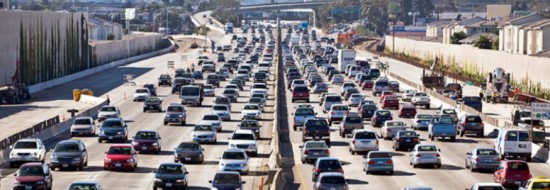

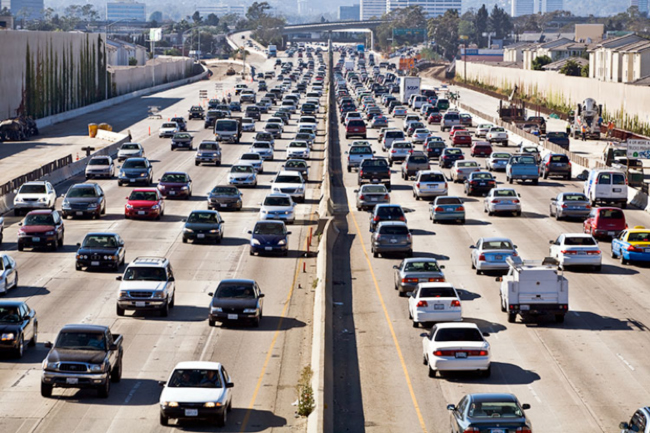
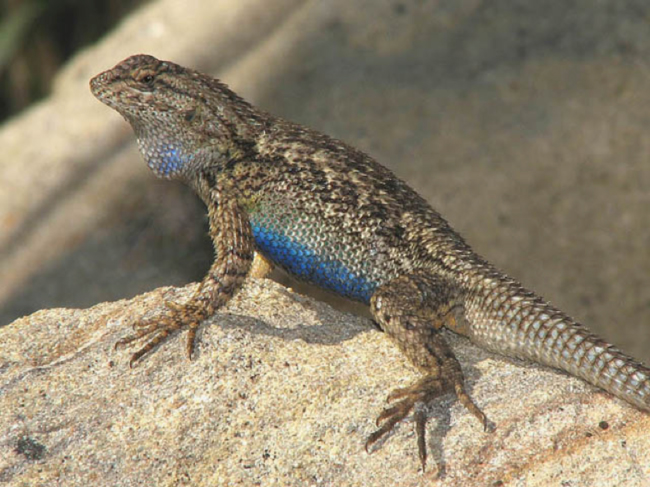
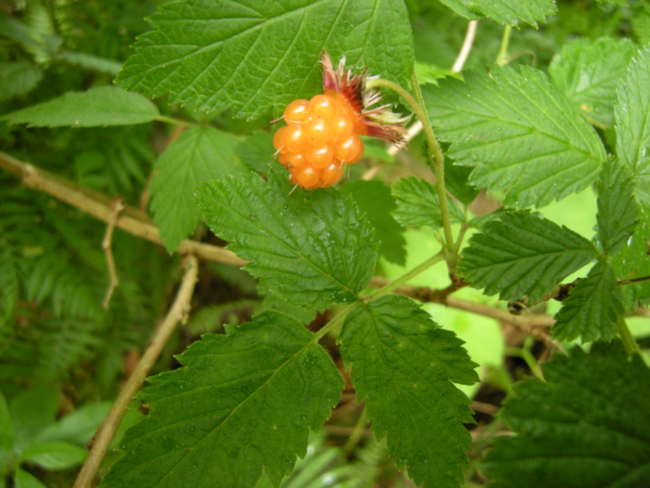
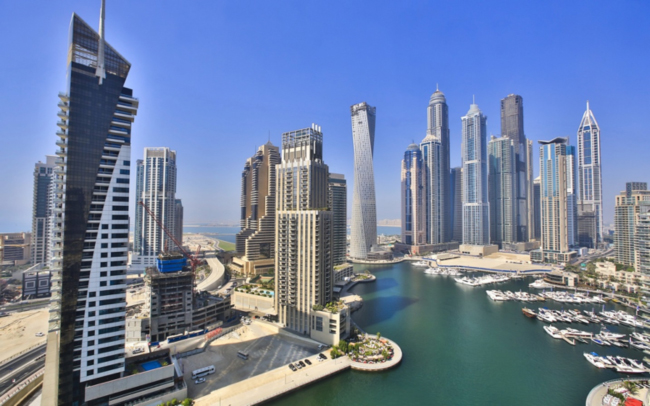
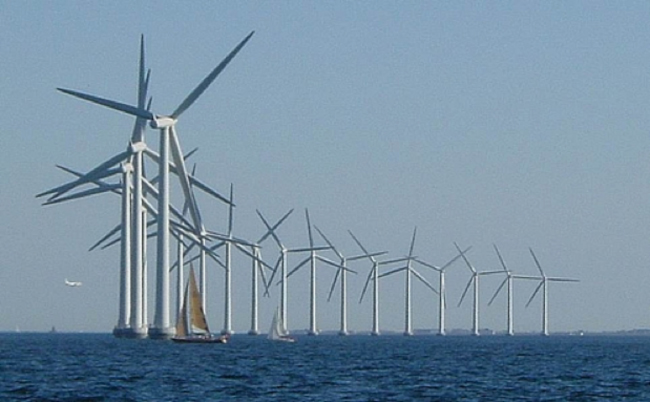
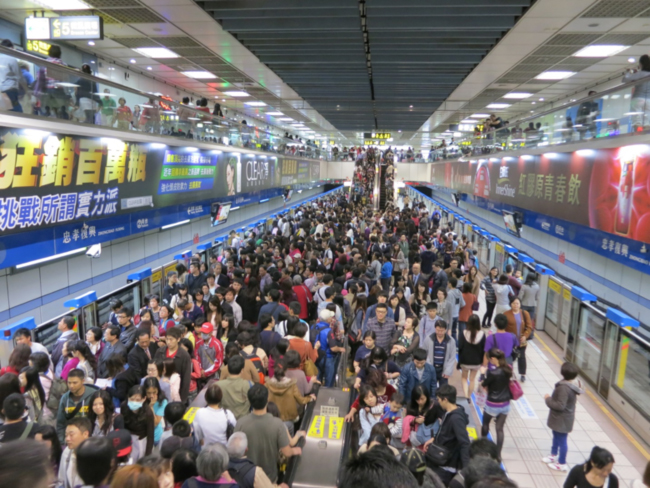
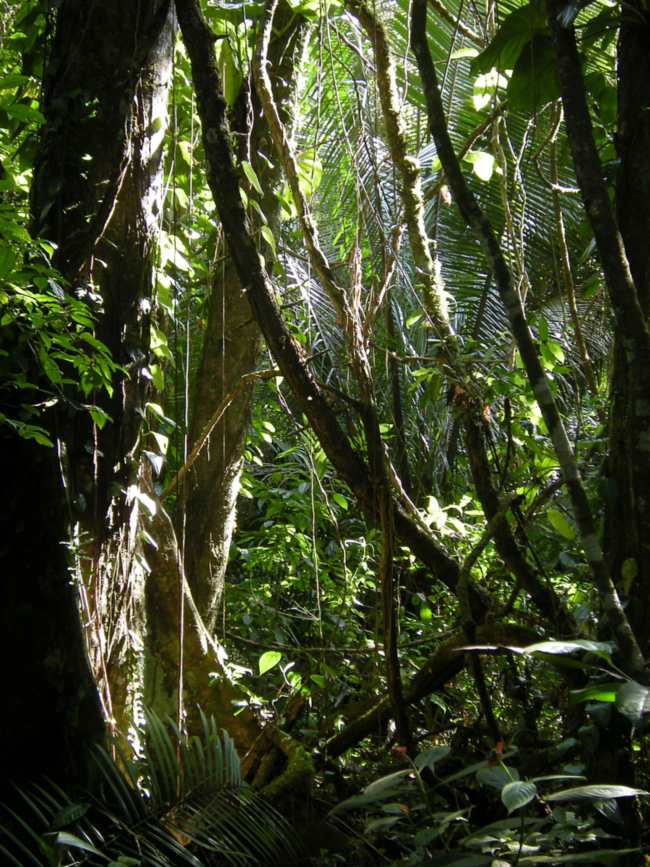
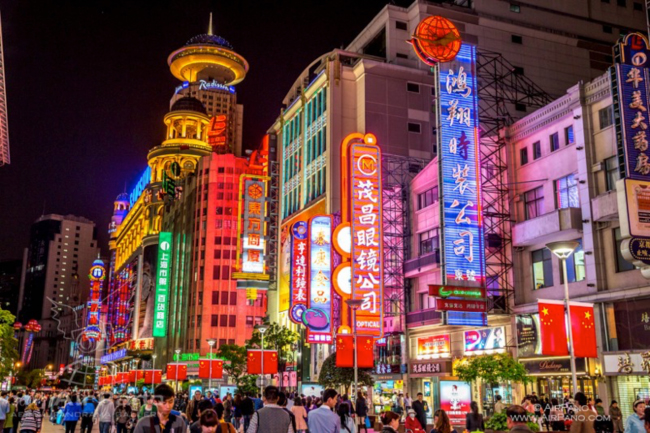



June 14, 2015 11:40 pm
Hello Bruce,
I am an ecological economist and I loved your message on this page. I am always trying to work on ways to ‘frame’ our argument in a way that is short and coherent. My ‘Kill All The Bees’ strategy has encountered mixed results. Satire is a rough business:
http://theconversation.com/if-dollars-rule-the-world-why-dont-the-bees-get-a-bailout-38384
On radio here:
http://www.abc.net.au/radio/programitem/pgxM6jJ596?play=true
Cheers,
Paul Sutton